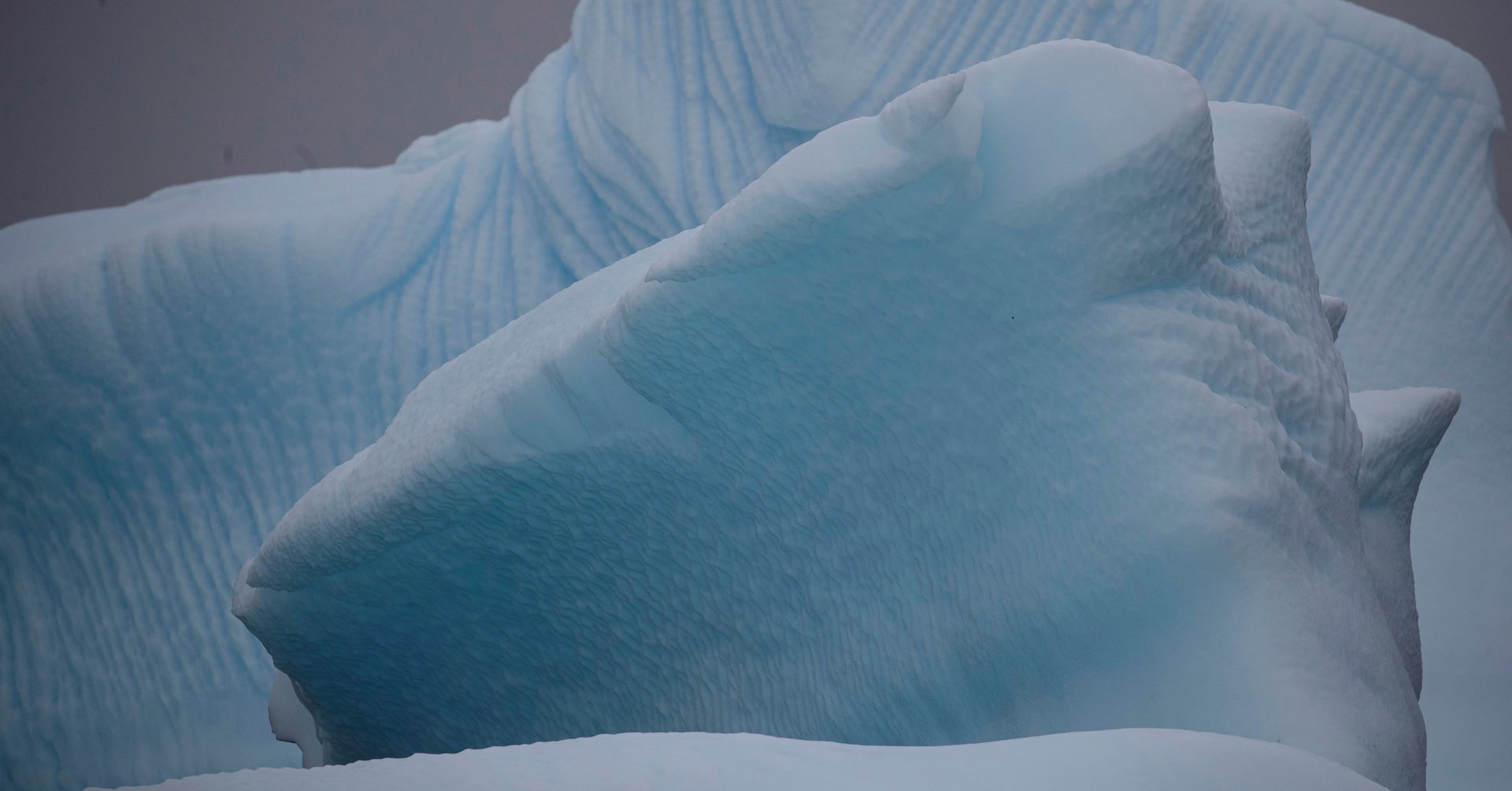- cross-posted to:
- [email protected]
- cross-posted to:
- [email protected]
Nearly 1,500 academics, researchers and scientists specializing in Antarctica gathered in southern Chile for the 11th Scientific Committee on Antarctic Research conference this week to share the most cutting-edge research from the vast white continent.
Nearly every aspect of science, from geology to biology and glaciology to arts, was covered but a major undercurrent ran through the conference. Antarctica is changing, faster than expected.
Extreme weather events in the ice-covered continent were no longer hypothetical presentations, but first-hand accounts from researchers about heavy rainfall, intense heat waves and sudden Foehn (strong dry winds) events at research stations that led to mass melting, giant glacier break-offs and dangerous weather conditions with global implications.
With detailed weather station and satellite data dating back only about 40 years, scientists wondered whether these events meant Antarctica had reached a tipping point, or a point of accelerated and irreversible sea ice loss from the West Antarctic ice sheet.



La paz, 3650 m
I mean, i knew it, but it always amaze me
Also, Wien, 188 m… “lower austria” was not a joke